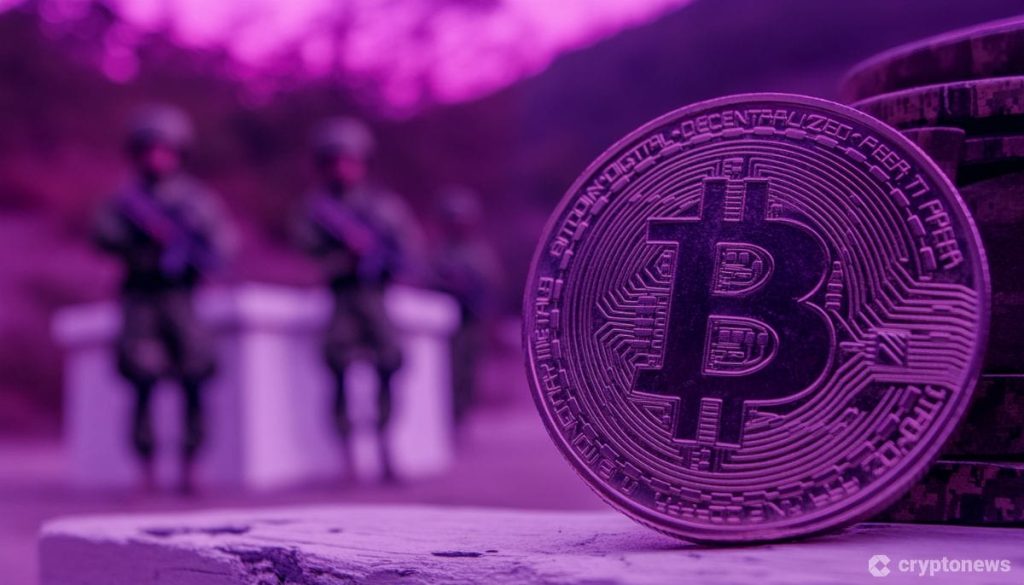Three individuals, including a suspected ringleader and two employees, were indicted and arrested by the Jeonju District Prosecutors’ Office’s Criminal Division for allegedly using military secrets as collateral for loans extended to South Korean soldiers. The soldiers had reportedly borrowed money from the accused loan sharks, offering their “level 3” security passwords in exchange for loans with an annual interest rate of up to 34,160%. These passwords are typically used by military personnel to access bases and distinguish between friendly forces and foes on the battlefield. The soldiers also handed over identification tags, training plans, and unit organization maps, all classified as level 3 secrets.
The prosecution believes that the soldiers sought loans due to debt accumulated from online gambling and failed crypto investments. The loan sharks exploited the soldiers’ financial vulnerability by threatening to expose their alleged leak of military secrets if they failed to repay their loans. Although ten military officers initially contacted the loan sharks for loans, only three agreed to provide their passwords as collateral. Notably, seven soldiers refused to comply with the illicit demands of the loan sharks, indicating a degree of awareness and resistance within the military ranks against such criminal activities.
The accused ringleader, a 37-year-old running an unregistered illegal loan company, sent unsolicited loan-related spam text messages to random telephone numbers to attract military personnel seeking financial assistance. Prosecutors revealed that the soldiers involved borrowed amounts ranging from 1 to 2 million won ($759-$1,510) each, suggesting that they were in dire financial straits. Despite the potential threat posed by the loan sharks possessing sensitive military information, it was reported that they did not attempt to exploit the passwords or other secrets to gain access to military installations.
In response to the scandal, the Ministry of National Defence discharged an unnamed captain involved in the case, sentencing him to a suspended prison term. The former captain and the other soldiers implicated in the scandal have faced legal repercussions, with charges including violations of the Military Secrets Protection Act, the Loan Business Act, and the Debt Collection Act. The prosecution service continues to investigate the extent of the illegal activities and the involvement of other military personnel in similar schemes involving loan sharks and the illicit use of military secrets as collateral for loans.
The use of military secrets as collateral for high-interest loans by loan sharks targeting financially vulnerable South Korean soldiers highlights the dangers and criminal activities prevalent in the lending industry. The breach of trust and potential compromise of national security underscores the need for strict enforcement of laws governing the protection of military secrets and the regulation of the loan business. The case serves as a cautionary tale for military personnel and the public against engaging with illegal lenders and risking the exposure of classified information for financial gain. Prosecutors are working to hold the accused accountable for their actions and prevent further exploitation of military personnel for illicit financial activities.
Authorities have expressed concern over the involvement of military personnel in illicit financial transactions, particularly with loan sharks offering exorbitant interest rates and exploiting individuals in need of financial assistance. The prosecution’s efforts to indict and arrest the individuals involved in the case demonstrate a commitment to upholding the rule of law and protecting national security interests. The investigation into the illegal activities and the prosecution of those responsible signal a zero-tolerance approach towards illicit financial practices and the misuse of military secrets for personal gain. By holding individuals and entities accountable for their actions, authorities aim to deter similar criminal activities and safeguard the integrity and security of military operations.


